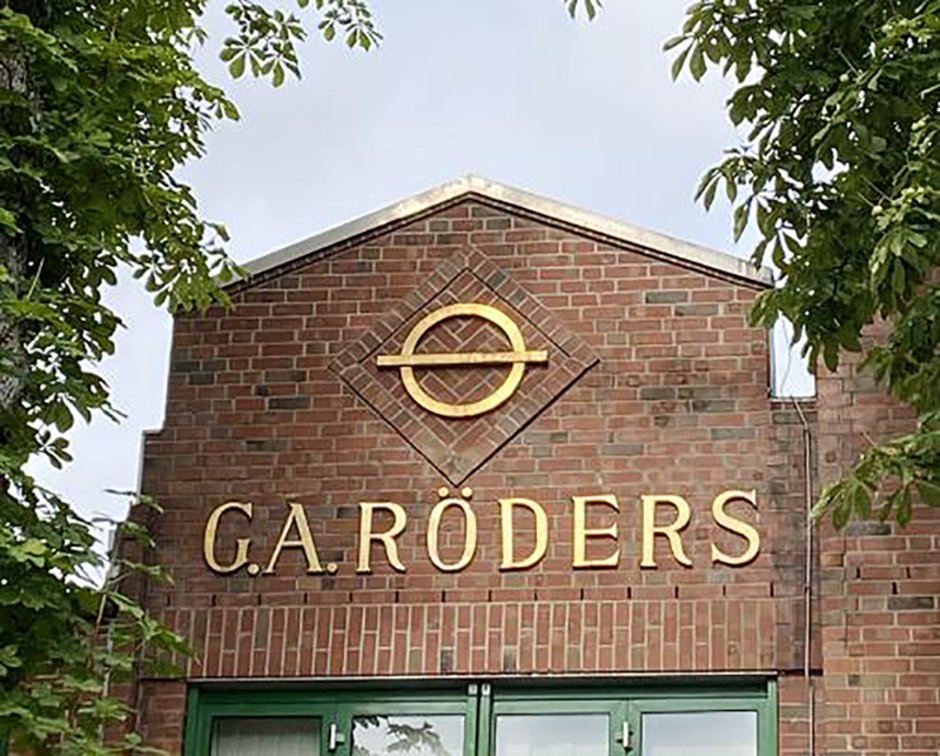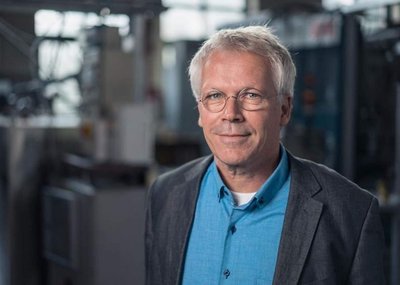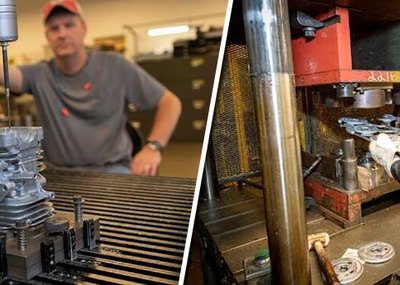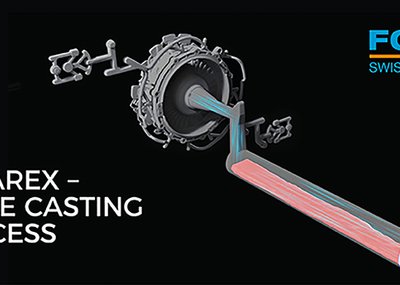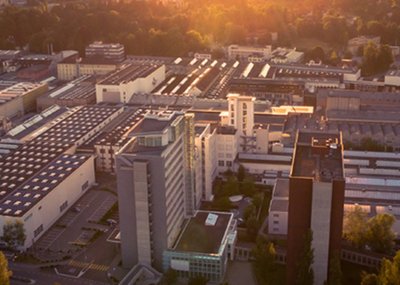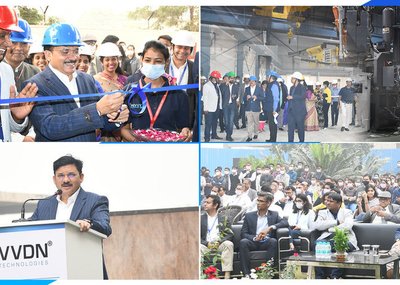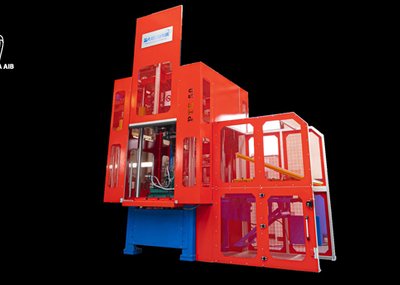- Total investment in future technologies of around 300,000 euros planned.
- Exploding energy prices put foundry under massive pressure.
- Energy costs will rise by two million euros in 2022.
The Soltau foundry G.A.Röders is pleased to join forces with other climate-conscious companies to develop the first hydrogen-powered crucible melting furnace for aluminium.
The Ministry of Economics and Climate Protection is supporting this ambitious project, which costs a total of more than €3 million, with funding of €1.5 million. Röders will receive €140,000 of this. "In addition, we as a foundry will ourselves invest around €150,000 in order to be able to operate even more energy-efficiently. With the hydrogen-powered furnace, we at G.A. Röders want to become pioneers in our industry for climate protection," report the two managing directors Gerd and Andreas Röders. Within the framework of this project, Röders will therefore invest a total of almost 300,000 euros in climate-friendly research.
It helps that the Institute for Welding Technology at the University of Braunschweig operates a branch office in Soltau with the Light Metal Centre. In addition to G.A.Röders and the University of Braunschweig, the companies Bohai TRIMET Automotive, ChemTrend, the data specialist Netco Professionals, and Neo hydrogen Sensors as the manufacturer of the hydrogen burner are also involved. These companies are also investing over €1 million in the research project.
Beyond the development of the new hydrogen oven, all other energy consumption and the Co2 footprint will also be optimised with the help of artificial intelligence. "For Röders, it is one of the most interesting research projects in recent years and we hope that in a few years we will no longer be dependent on gas," confirms Gerd Röders.
In this way, G.A.Röders is consistently continuing the company's path towards sustainability, which it embarked on some time ago. For more than two years now, G.A.Röders has been sourcing exclusively green electricity for its German sites. The company also pays a voluntary CO2 compensation levy for the gas, which is mainly used for melting aluminium, in order to produce in a largely climate-neutral way.
Gerd and Andreas Röders want their company to make a contribution stopping climate change. The company's own solar power system and certified energy management system also contribute to this.
Energy prices pose a greater existential threat than the corona pandemic
At the moment, however, the owners of G.A.Röders are very concerned about the skyrocketing energy prices. "For our three locations in Germany and the Czech Republic, energy costs will increase by more than two million euros in 2022," says Andreas Röders. "It will be difficult to pass these additional costs on to our customers, as they are often large corporations in the automotive and aviation industries." That is why the announced support for energy-intensive industry in the transition from fossil to renewable energy is urgently needed, he said, "otherwise thousands of jobs and the associated know-how will disappear from Germany forever. For us, energy prices pose an even greater existential threat than the corona pandemic."
In fact, according to information from the WirtschaftsVereinigung Metalle, energy-intensive companies are already investing 18 per cent less in new plants than would be necessary to at least maintain the industry. If this trend continues, production facilities will be living off their substance and they will be threatened with the abandonment of their respective company locations in the medium term.
About G.A. Röders
G.A.Röders GmbH & Co. KG was founded in 1814. Since then the company has been run by its owners, now in the 6th generation. With 500 employees we produce tools, castings and finished products in zinc, aluminium and plastic. More than 15 engineers support the work. 10 employees in the design department ensure successful product realisation.

